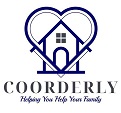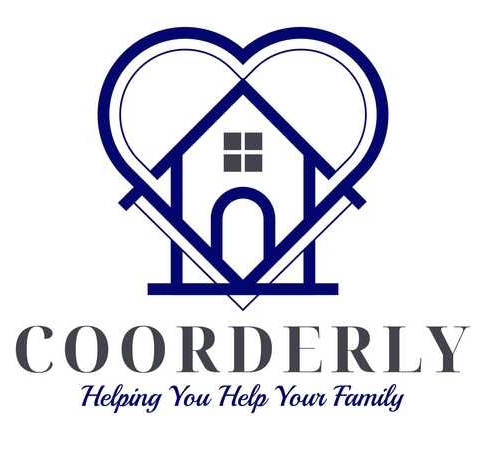As our parents age, ensuring their well-being involves a thoughtful and proactive approach to managing their medical care. Effective communication is foundational; initiate honest conversations about their health, concerns, and preferences. Build a collaborative healthcare team that includes primary care physicians, specialists, caregivers, and family members. Conduct a comprehensive health assessment to identify existing medical conditions and potential risks.
Organize your parent’s medical records to have a comprehensive view of their health history. Effective medication management is crucial; create a schedule, use organizers, and explore technology solutions for reminders. Stay informed about your parent’s medical conditions and treatment options by attending appointments and asking questions. Address their mental health by encouraging open discussions and seeking professional support if needed.
Discussing preferences for care at home or in a healthcare facility is important. Explore home healthcare options for those who wish to age in place. Emphasize preventive care measures to maintain overall health. Prioritize vaccinations, screenings, and a healthy lifestyle that includes balanced nutrition and regular physical activity.
Managing the medical care of aging parents requires a proactive and compassionate approach. Fostering open communication, building a collaborative healthcare team, and staying vigilant about their well-being are key components in navigating the complexities of aging. Remember, supporting your aging parent’s health is a journey, and your role as a caregiver is pivotal in enhancing their quality of life.


